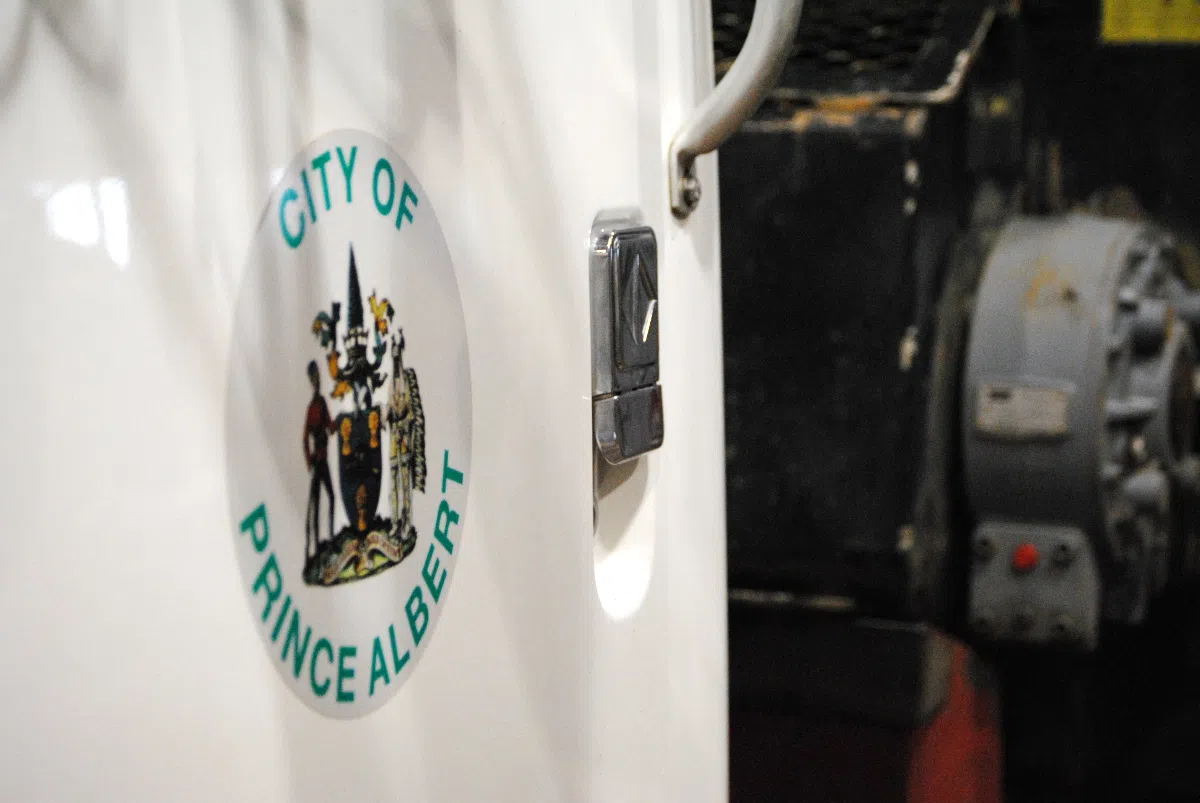
Gas price plunge means fuel savings for City
The steep fall in fuel prices has been a boon for the City of Prince Albert’s budget.
The price of a barrel of West Texas Intermediate – light sweet crude oil – closed at US$47.92 on Wednesday, off of its most recent lows. The drop off in crude oil prices began in July, when it reached over the $100 a barrel mark.
It’s meant low pump prices for the average driver, and for the City of Prince Albert it’s meant 25 per cent fuel savings. On Jan. 15 2014, the City paid $1.059 per litre (/L) for gasoline and $1.275/L for diesel. On Thursday, the City paid 77.9 cents/L for gasoline and 98.9 cents/L for diesel.
The savings is considerable, considering fuel for the City’s fleet is the biggest product purchase made, according to Alain Trudel, operations manager with the department of public works. The city’s also experienced a milder winter with less snow, he pointed out.


